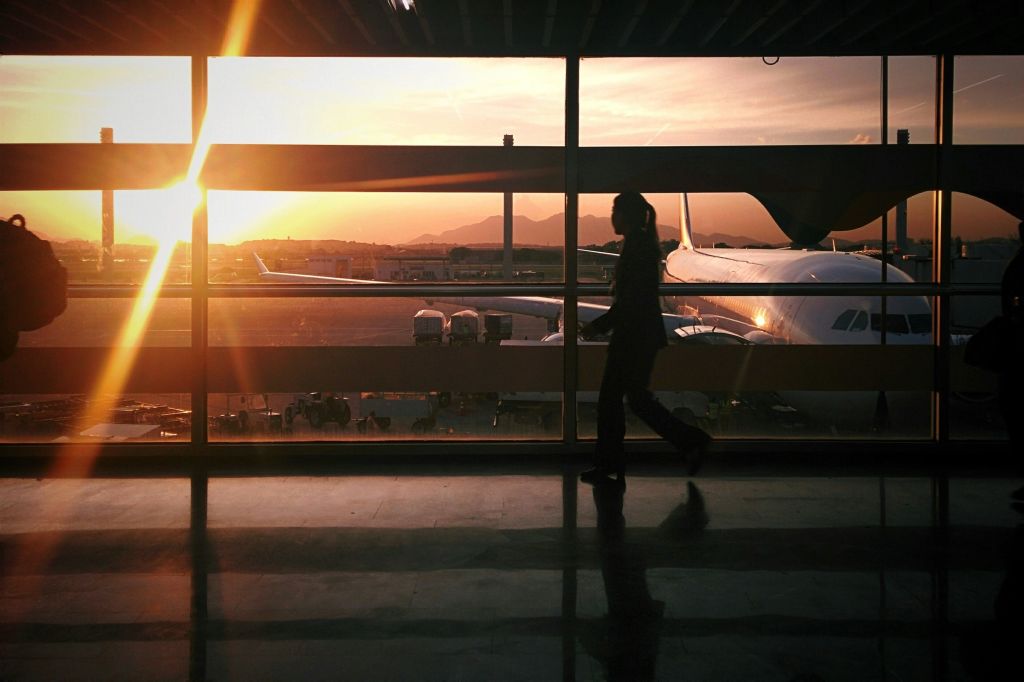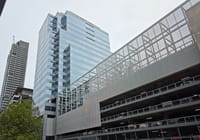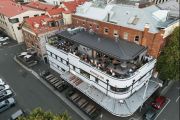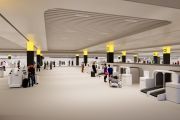
What is bleisure travel?
The latest trend to hit the tourism and accommodation industry comes with its own freshly minted portmanteau.
Bleisure travel – a mash-up of “business” and “leisure”, with just a hint of “blended” thrown into the mix – sees business travellers extending their trips to include personal holidays.
Arriving early or staying on after a conference or work trip, or simply bringing the family along for a stay that combines business and pleasure, is gaining popularity. And digital nomads, tapping away on their keyboards between trips to the beach, are another manifestation of the blurred line between work and play.
Forbes magazine reported last month that interest in bleisure trips had grown 25 per cent over the past year.
Global corporate travel management platform TravelPerk offers more eye-raising statistics. It suggests the international bleisure travel market will grow 500 per cent by 2033. It also found 41 per cent of travel managers have experienced an increase in colleagues seeking to add a longer stay to their work trips for leisure purposes, while 84 per cent of travellers wanted to include some personal holiday time in their next corporate trip.
Business travel could be a particularly important professional development opportunity for Gen Z workers (aged 18 to 26), with 79 per cent expressing a desire to travel for work to explore new places, compared to 72 per cent of Millennials (27-42 years old) and 60 per cent of Gen Xers (43-59 years old).

Australian Travel Industry Association chief executive Dean Long says we have the looser post-pandemic workplace to thank for the trend.
“The increased flexibility in working arrangements means it has never been easier to travel and experience a destination while working, whether domestically or internationally,” he says. “One of the great side-effects of COVID has been that a workplace can be determined by the employer and employee. We are seeing an ever-increasing proportion of the population maximise their lifestyle while simultaneously constructively contributing to a workplace.’’
Not all destinations are as bleisure-ready as others. In Australia, Cairns was 2024’s bleisure epicentre, with Flight Centre’s Corporate Traveller data revealing business trips to the tropical Far North Queensland destination were the most likely to be extended. The average corporate booking to the city was eight days. Sydney and Melbourne, in comparison, clocked in at an average of four days.
Opportunities await hotels and accommodation providers who can cater to the dual demands of the bleisure traveller.
Alex Omerod of luxury villa rental business Luxico says bleisure has become a clear growth segment of the market, manifesting in increased midweek occupancy and longer stays. The demands of clients are increasing, too.
“We curate ‘workcation-ready’ residences with high-speed Wi‑Fi, dedicated workspaces, multiple living zones for privacy, and hotel-grade housekeeping,” Omerod says. “Our concierge team coordinates everything from airport transfers and in‑home dining to last‑minute boardroom setups and catering for meetings.
“We also offer flexible check-in and checkout windows to align with meeting schedules and international arrivals. We’ve designed a five-star home experience that performs like a private office by day and a luxury villa by night.”
She uses the example of an executive client from Singapore who recently travelled to Melbourne for board meetings, bringing along their partner and young children. Their contemporary villa had a dedicated study and all the work-from-home accoutrements a chief executive could desire, while the family was taken care of with children’s welcome packs and a specially devised weekend itinerary that hit the highlights of the aquarium, a Royal Botanic Gardens picnic and various kid-friendly dining options.
“We’re seeing executives extend stays by three to seven nights to bring partners or family, especially in Sydney, Melbourne and the Gold Coast,” Omerod says. “The biggest shift we’re seeing is [an emphasis on] privacy and productivity without sacrificing the holiday. Business trips are morphing into mini-residencies, so our guests are seeking work-ready homes that turn into holiday hubs the moment the laptop closes.”










